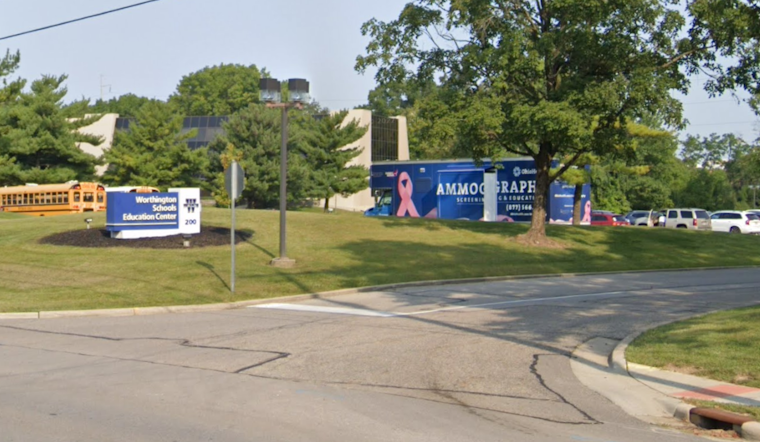Worthington City Schools is currently a district divided, caught between current policy and looming state legislation over religious release during school hours. The crux of the debate centers on whether students should be permitted to leave campus for religious studies, such as those offered by the LifeWise Academy program. Supporters frame it as a matter of parental choice, while critics see potential infringements on church-state separation and disruptions to the educational environment.
During a recent meeting, the Worthington School Board confronted this issue head-on but stopped short of a decisive verdict. Instead, it chose to wait for the outcome of House Bill 445, which could mandate such religious release policies statewide. According to
The Columbus Dispatch
, board member Stephanie Harless voiced apprehensions about the policy’s implications on student safety and the possibility of creating inequalities should the number of religious release programs increase.
At the core of controversy lies LifeWise Academy, already axed by nearby Westerville City Schools amid reports of peer pressure and exclusion of non-participants. A parent from the Westerville district, Jaclyn Fraley, detailed to
WOSU
instances of bullying, including a student targeted for her parents’ LGBTQ+ identity, engendering further questions about the social fallout of such programs.
Amid testimonies from worried residents and hopeful advocates, the debate touches on a broader concern – the boundary of religious education within public schools. In a statement obtained by
NBC4i
, LifeWise program advocate Jennifer Jury defended the policy, “LifeWise is a choice, just like all release time programs,” arguing that participation is at the parents’ discretion. Yet, those like Jeanne Melvin, who has grandchildren in the district, worry about insidious forms of coercion, from allurements like candy and pizza parties to more overt solicitations.
State legislators like Ohio Sen. Al Cutrona back bills to enforce religious release time, emphasizing parental rights and duty to rear their children accordingly. Conversely, Worthington board president Nikki Hudson and member Amber Epling-Skinner have articulated concerns over flexing such an imposing policy, with Hudson suggesting a resolution to the Statehouse opposing the bill. Ultimately, the crossroads at which Worthington City Schools find themselves is symbolic of a broader state and national conversation, one where the balance between personal freedoms, public policy, and the integrity of secular education is yet to find equilibrium.
Note: Thank you for visiting our website! We strive to keep you informed with the latest updates based on expected timelines, although please note that we are not affiliated with any official bodies. Our team is committed to ensuring accuracy and transparency in our reporting, verifying all information before publication. We aim to bring you reliable news, and if you have any questions or concerns about our content, feel free to reach out to us via email. We appreciate your trust and support!



Leave a Reply